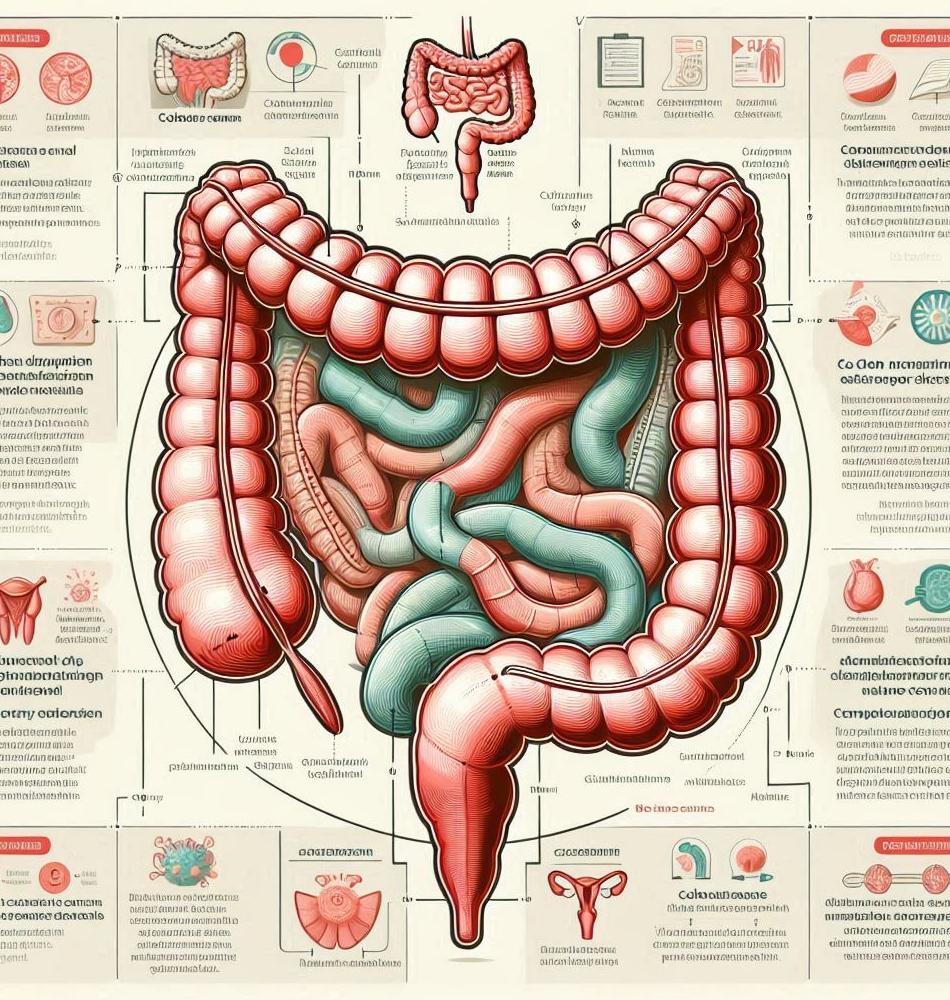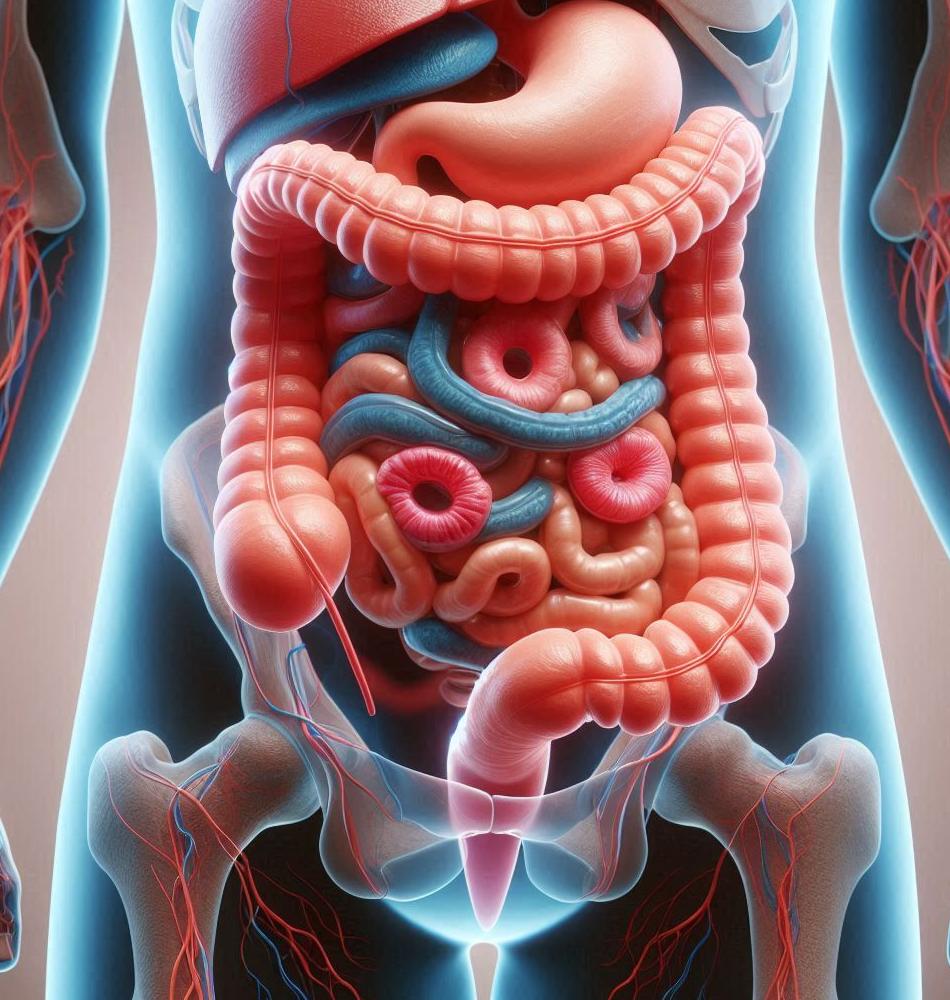Breaking Free from the Pain: How to Get Rid of Impacted Stool 🩺
Oh, the joys of a healthy gut! But what happens when your digestive system decides to throw a wrench in the works? Enter the dreaded impacted stool. Experiencing this uncomfortable condition can feel like a weight on your shoulders, or perhaps something more weighty in an unfortunate place. Whether you're feeling bloated, uncomfortable, or in serious pain, struggling with impacted stool is no picnic. However, the good news is that with proper treatment and lifestyle changes, you can free yourself from the clutches of this predicament. Let's explore how to get rid of impacted stool and reclaim your well-being.
Understanding Impacted Stool: What Is It? 🤔
Before we dive into how to eliminate impacted stool, it’s essential to understand what we’re dealing with here. Impacted stool occurs when stool becomes too hard or large to move regularly and gets stuck in the rectum or lower part of the colon. This condition can occur due to several reasons:
- Chronic constipation
- Dehydration
- Low-fiber diet
- Certain medications
- Ignoring the urge to defecate
As uncomfortable as this issue is, you're not alone. Many individuals experience impacted stool at some point in their lives. The experience can range from simple discomfort to severe abdominal pain, which may leave you wondering what to do next.
Signs and Symptoms of Impacted Stool 🚨
Recognizing the signs of impacted stool is crucial for timely intervention. Here are some common symptoms you might experience:
- Severe abdominal discomfort or pain
- Abdominal bloating
- Nausea or vomiting
- Inability to make a bowel movement despite the urgency
- Liquid stool leaking around the impacted stool
If you're experiencing any of the above symptoms, it might be time for action. So how do you proceed?
Effective Treatments for Impacted Stool 💊
Lifestyle Changes to Promote Regular Bowel Movements 🍽️
Before relying on medical interventions, implementing lifestyle changes can go a long way in combating impacted stool. Here are some steps to consider:
- **Increase fiber intake**: Aim for a minimum of 25 to 30 grams of fiber daily. Look for whole grains, fruits, vegetables, and legumes.
- **Stay hydrated**: Drink at least 8-10 cups of water daily to help soften stool and ease its passage.
- **Regular exercise**: Engage in physical activity to stimulate bowel movements. A daily walk can work wonders.
- **Don't hold it in**: If you feel the urge to go, don’t ignore it! Make a habit of using the restroom when you feel the need.
Over-the-Counter Remedies 💊
If lifestyle changes alone are not doing the trick, there are over-the-counter medications you can try:
- **Laxatives**: Options include stimulant laxatives, bulk-forming laxatives, or osmotic laxatives, which draw water into the intestines.
- **Enemas**: A saline or mineral oil enema can help lubricate the stool and stimulate a bowel movement.
- **Fiber supplements**: If you struggle to get enough fiber through food, fiber supplements such as psyllium husk can be effective.
When to See a Doctor 🤕
While many cases of impacted stool can be treated effectively at home, it's crucial to know when medical help is necessary. Consult a healthcare professional in these scenarios:
- Severe pain or discomfort that does not improve
- Symptoms of nausea or vomiting
- Persistent constipation or inability to pass stool for several days
- Any presence of blood in the stool
A healthcare professional may perform a physical examination, assess your medical history, and recommend advanced treatments if necessary.
Medical Treatment Options 💉
In more severe cases, doctors may resort to the following treatments:
- **Manual disimpaction**: A doctor may perform a procedure to manually remove the impacted stool.
- **Prescription medications**: Sometimes, stronger medications may be prescribed to relieve constipation.
- **Surgical intervention**: In rare, extreme cases, surgery may be necessary to remove the impacted stool or resolve related complications.
Preventing Impacted Stool: Long-Term Strategies 🛡️
Preventing future occurrences of impacted stool is as vital as treatment. Here are some strategies to keep your digestive health in check:
- Maintain a balanced diet rich in fruits, vegetables, and whole grains.
- Adopt a regular hydration routine to keep your body well-hydrated.
- Incorporate physical activity into your daily life, whether it's walking, yoga, or sports.
- Monitor your medication intake: Speak with your doctor if you notice medications affecting your bowel habits.
- Establish a regular bathroom routine: Set aside time for daily bathroom visits to help normalize bowel movements.
Frequently Asked Questions ❓
- What causes impacted stool? Chronic constipation, dehydration, and a low-fiber diet can lead to impacted stool.
- How can I tell if I have impacted stool? Look for symptoms like severe abdominal pain, bloating, and inability to pass stool.
- When should I seek medical help for impacted stool? Consult a doctor if you experience severe pain, ongoing bleeding, or are unable to have a bowel movement for several days.
- Are there long-term solutions for preventing impacted stool? Yes, maintaining a healthy diet rich in fiber, staying hydrated, and regular exercise can help prevent future occurrences.
Conclusion: Regain Your Comfort and Health 🌟
Impacting stool can be a distressing problem, but with the right approach, you can effectively manage and get rid of it. By embracing lifestyle changes, utilizing appropriate medications, and knowing when to consult a healthcare professional, you can break free from the discomfort of impacted stool. Remember, staying attuned to your body's needs and promoting regular bowel habits is essential for your overall gut health. So, empower yourself with knowledge, adopt healthier habits, and saunter confidently into the world, free from the burdens of impacted stool!
.png)






